Managing personal finances effectively can feel overwhelming, especially when balancing income, expenses, and savings goals. However, with the rise of personal finance apps, this task has become more accessible and streamlined. These apps help users organize their finances, track spending, and save more efficiently. Whether you're looking to budget, save for specific goals, or simply get a better handle on your financial situation, the right app can make all the difference. Here's a look at some of the best personal finance apps available today, designed to help you budget and save.
Mint is one of the most popular personal finance apps, offering a comprehensive suite of tools for budgeting, tracking expenses, and saving. Owned by Intuit, the creators of TurboTax and QuickBooks, Mint syncs with your bank accounts, credit cards, and investment accounts to provide an up-to-date overview of your finances.
The app automatically categorizes transactions, making it easier to see where your money is going. It also allows you to set monthly budgets and track progress. Additionally, Mint sends alerts when you're nearing your budget limits or when bills are due, helping you avoid late fees.
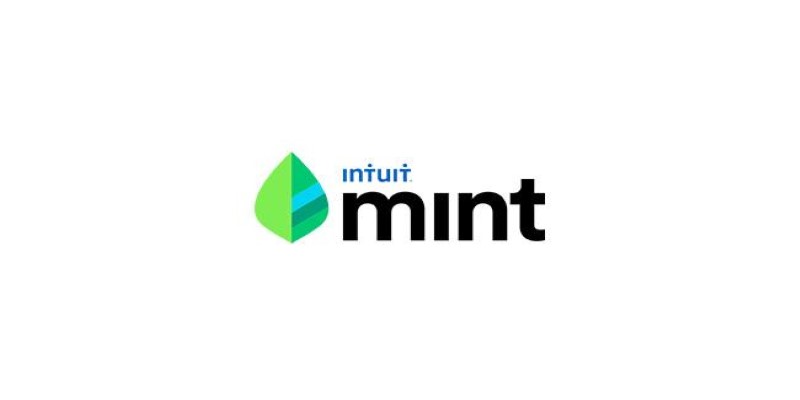
One of Mint's standout features is its ability to create savings goals. Whether saving for a vacation, an emergency fund, or a big purchase, Mint lets you set specific goals and track your progress. The app also provides a free credit score, which can help you stay on top of your financial health.
However, Mint’s reliance on ads and its free-to-use model may be a turnoff for some users who prefer an ad-free experience. Still, for those looking for an all-in-one tool for budgeting and saving, Mint remains a strong contender in 2024.
YNAB is designed for people who want a more hands-on approach to budgeting. The app encourages users to give every dollar a job, which aims to prevent overspending by assigning each dollar to a specific category or goal. This method is often referred to as zero-based budgeting.
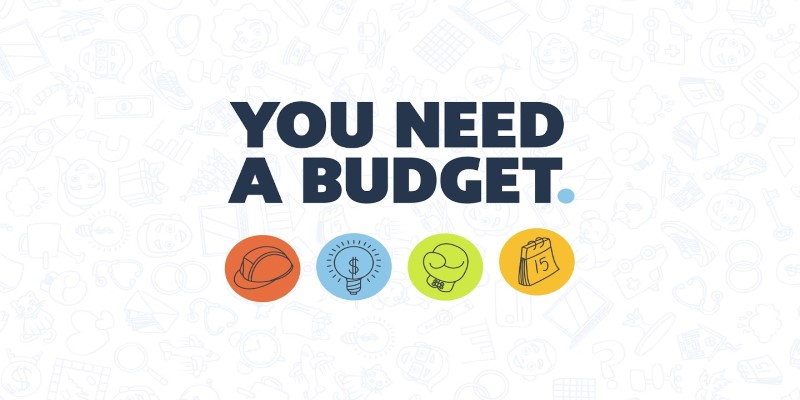
YNAB helps you set up budgets for various categories, track your spending in real-time, and carry over any unused funds to the next month. Unlike many other apps that track expenses, YNAB helps you plan by encouraging users to allocate funds for future costs. It even provides detailed reports to help you understand where your money is going.
The app also offers educational resources, including webinars and workshops, making it an excellent option for those new to budgeting or wanting to sharpen their financial management skills. While YNAB requires a monthly or yearly subscription, many users find it well worth the investment due to its effective budgeting techniques and the app's personalized support.
If you struggle with overspending or have trouble keeping track of your finances, PocketGuard may be a great option. The app focuses on simplicity, helping users easily see how much disposable income they have after accounting for bills, goals, and necessities.
One of PocketGuard's standout features is its "In My Pocket" feature, which shows you how much money you have left after accounting for all your upcoming bills and savings goals. This can help prevent overspending and give you a clear picture of your financial situation at any given moment.
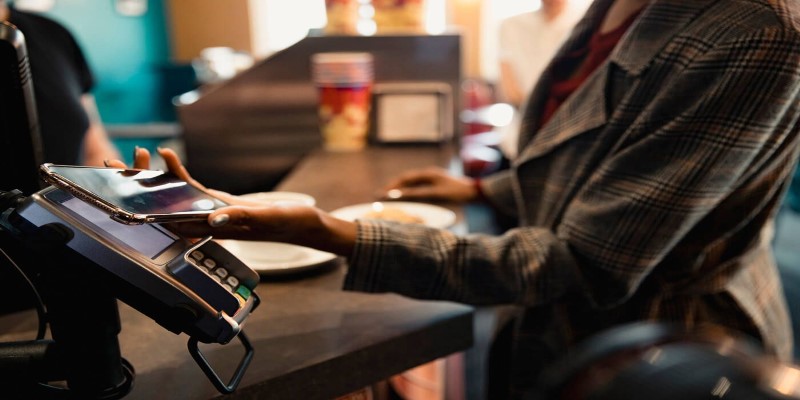
PocketGuard also offers easy integration with your bank accounts. It can automatically categorize your spending into different categories, such as groceries, transportation, and entertainment. The app provides users with personalized suggestions for saving money, including better deals on subscriptions or insurance.
Although PocketGuard offers a free version, its premium version (PocketGuard Plus) provides additional features, including tracking investments and automating savings.
GoodBudget is a modern take on the classic envelope budgeting method. In traditional envelope budgeting, you physically allocate a certain amount of money into different envelopes for each spending category (like groceries, dining out, and entertainment). GoodBudget digitalizes this process, allowing users to set up virtual smartphone envelopes.
The app allows you to create and manage multiple envelopes for various spending categories. It helps you stick to your budget by showing how much money remains in each envelope. You can sync your envelopes across multiple devices, making sharing your budget with a partner or family member easy.
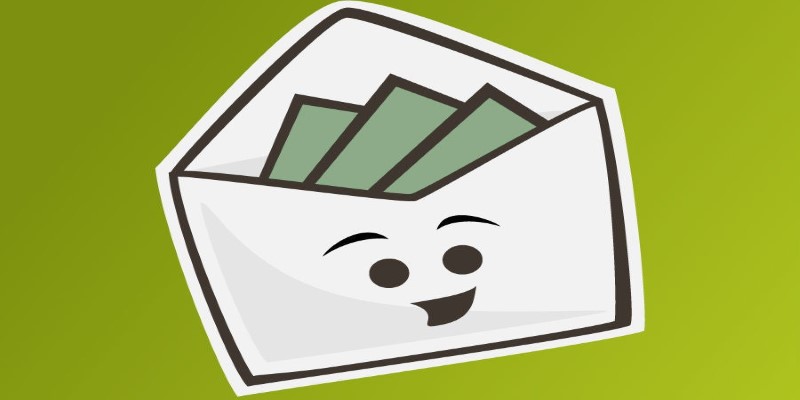
GoodBudget is ideal for those who want a simple, no-frills approach to budgeting. The app doesn't connect directly to your bank accounts, meaning you'll need to enter your transactions manually, but this helps some users stay more engaged with their finances. There's a free version with limited envelopes, and the premium version offers more features for a small annual fee.
Personal Capital stands out as an app that focuses on budgeting and offers a powerful set of tools for tracking investments and net worth. It's ideal for individuals who are serious about managing their day-to-day finances and planning for their long-term financial future.
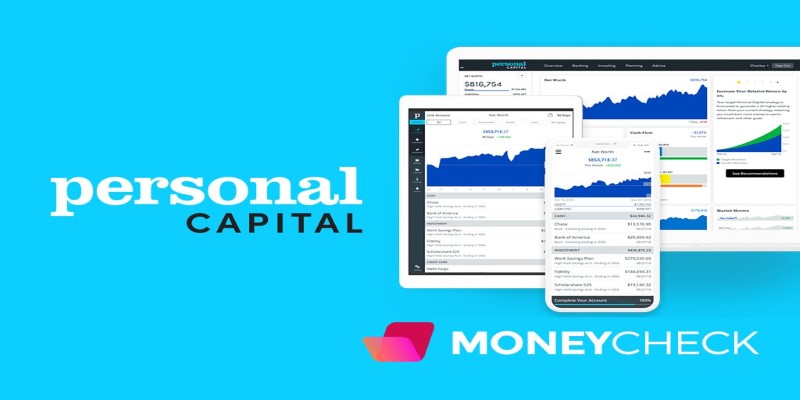
The app lets users link their bank accounts, credit cards, and investment accounts, giving a comprehensive overview of their financial situation. It also features budgeting tools to help track spending and set goals. Additionally, Personal Capital offers retirement planning tools, such as a retirement fee analyzer and a retirement planner, to help users manage their investment portfolios and plan for the future.
Personal Capital offers a free version that covers budgeting and basic investment tracking, but its premium service provides more personalized financial advice. However, some users may find that the focus on investments makes it less appealing for those who are primarily focused on budgeting.
Choosing the best personal finance app for budgeting and saving ultimately depends on your specific financial needs and goals. Whether you're looking for a simple budgeting tool like Mint or a more comprehensive financial management platform like Personal Capital, there's an app for everyone. When choosing an app, prioritize ease of use, security, and features that align with your goals—saving for a specific purchase, tracking your spending, or planning for retirement. The right app can make managing your finances more straightforward and efficient, helping you stay on track to achieve your financial goals in 2024 and beyond.